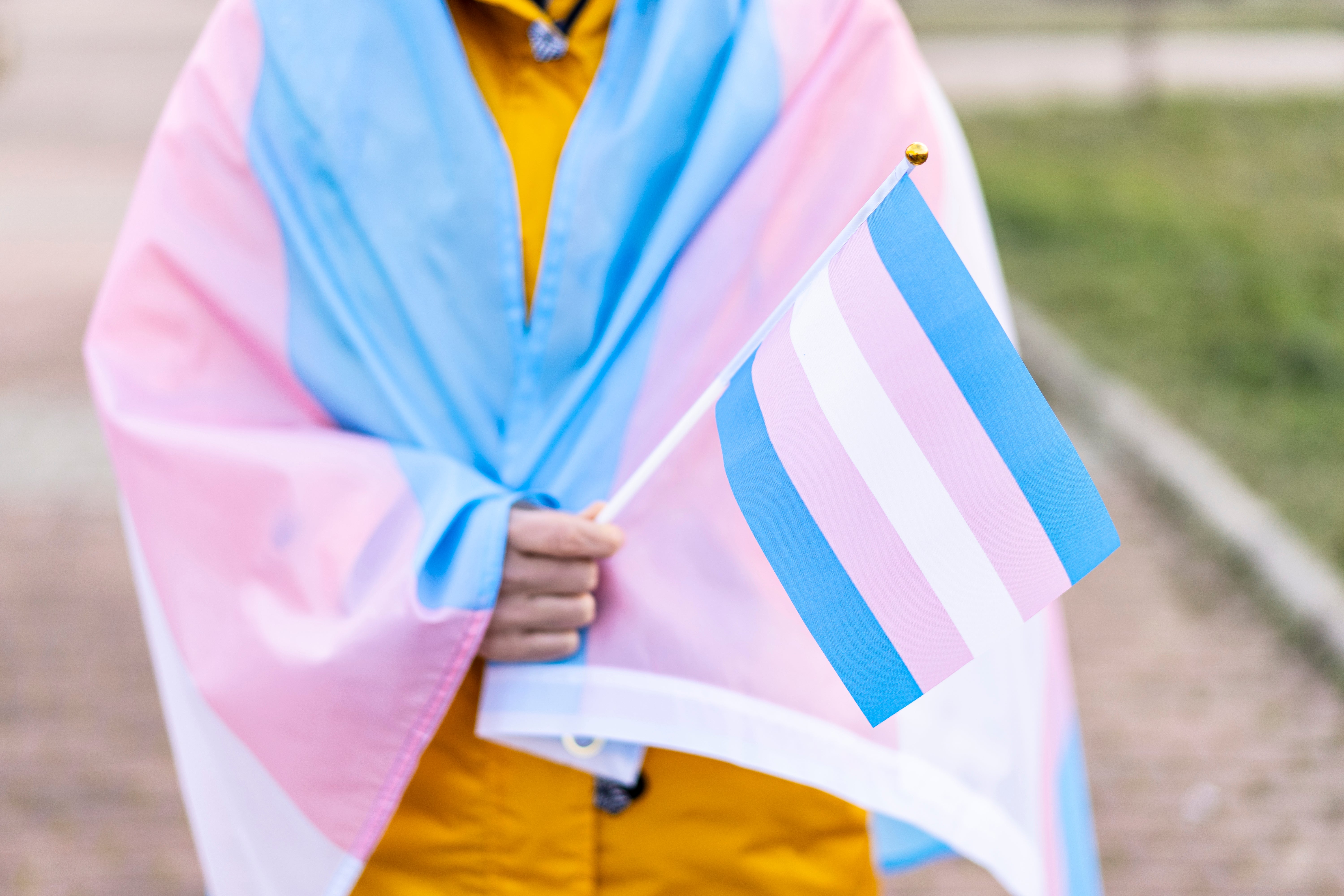I’m a trans athlete – this is what my experience has taught me
When I competed in the women’s Royal Yachting Association nationals, I never experienced animosity from the other competitors. I developed a camaraderie I’ve never felt elsewhere


When I started sailing with Oxford University, I never expected it to go particularly far. I wanted something to take me away from the city and my academics. I wanted somewhere I could make some new friends and get myself moving. But I fell in love with the simple recipe of sports: you train, you improve, you repeat.
Three years later, I was invited by my wonderful captain to join the Women’s Blues team in which I competed against Cambridge, and against other teams at the national Royal Yachting Association (RYA) championships. Not once have I been made to feel anything but welcome in the sport, but Boris Johnson would rather see me banned.
This week, when asked about his decision to exempt trans people from the ban on conversion therapy, Boris Johnson instead decided to say that he would see "biological males" banned from women’s sporting events. While his comments were made to sidestep a difficult line of questioning, it’s effective because it is by far the most controversial aspect of the modern trans rights debate.
It can be used as a wedge issue because it’s an area where many people’s intuitions have them siding with Johnson. It’s come up in the public consciousness recently because of a British Cycling’s decision to prevent Emily Bridges, a British trans woman, from competing in her first race in the female category.
British Cycling, like many other sporting bodies, sets its rules for the inclusion of trans women based on the suppression of testosterone to a low level for some period of time. This is done based on the principle that this change in hormones removes the advantage that trans women hold before transition. Bridges herself was a participant in a Loughborough University study that showed her cycling performance dropped by 13 per cent throughout her transition – which was more than the 10 per cent difference in performance between top male and female cyclists.
Despite this, and her eligibility under the previous rules, British Cycling banned Bridges from the event with two days’ notice and little transparency as to the decision-making. Shortly after, they suspended their rules on trans inclusion to prevent trans women from competing. The decision is clearly not based on evidence, but rather was done to deflect criticism from a populist and transphobic media.
Currently in the UK, national sporting bodies are able to set their own rules as to the eligibility of trans people in their sport. The need for and complexities of these restrictions vary, it would be entirely beyond the scope of reasonable legislation to change the rules of sports.
Johnson’s comments seem like little more than an attempt to push more culture war divides in the face of criticism. But the additional risk is that, faced with mounting pressure from the media and populist narratives, sporting bodies will decide to ban trans women from their sports in the absence of evidence to support that decision.
To keep up to speed with all the latest opinions and comment, sign up to our free weekly Voices Dispatches newsletter by clicking here
Some people would have you believe that trans women will dominate women’s sport if allowed to compete. But medically transitioned trans women are eligible in many sports in the UK, where we are severely underrepresented. We will continue to be while sporting bodies like British Cycling push reactionary policies.
What trans athletes want is a straightforward pathway to competition, clear rules that we can follow, and to be treated with respect when we compete. National sporting bodies should stand by their competitors, develop a policy based on evidence, and defend their policy when challenged, not bow to social pressure. Appeals to a "welcoming" atmosphere are worthless unless supported by action.
When I competed in the women’s RYA nationals, I never experienced animosity from the other competitors. I developed a camaraderie I’ve never felt elsewhere. When we won, I received nothing but congratulations. I was supported and genuinely welcomed by my team, and all members of the community.
Boris Johnson’s comments seem made to sow division, and the actions of British Cycling, intentionally or not, act to do the same. Banning trans women from women’s sports would have seen me and many others excluded from the enriching experience of competition. Instead, we should be tearing down barriers and bringing others into this incredible adventure.
Kylie MacFarquharson is a DPhil student at the University of Oxford
Bookmark popover
Removed from bookmarks